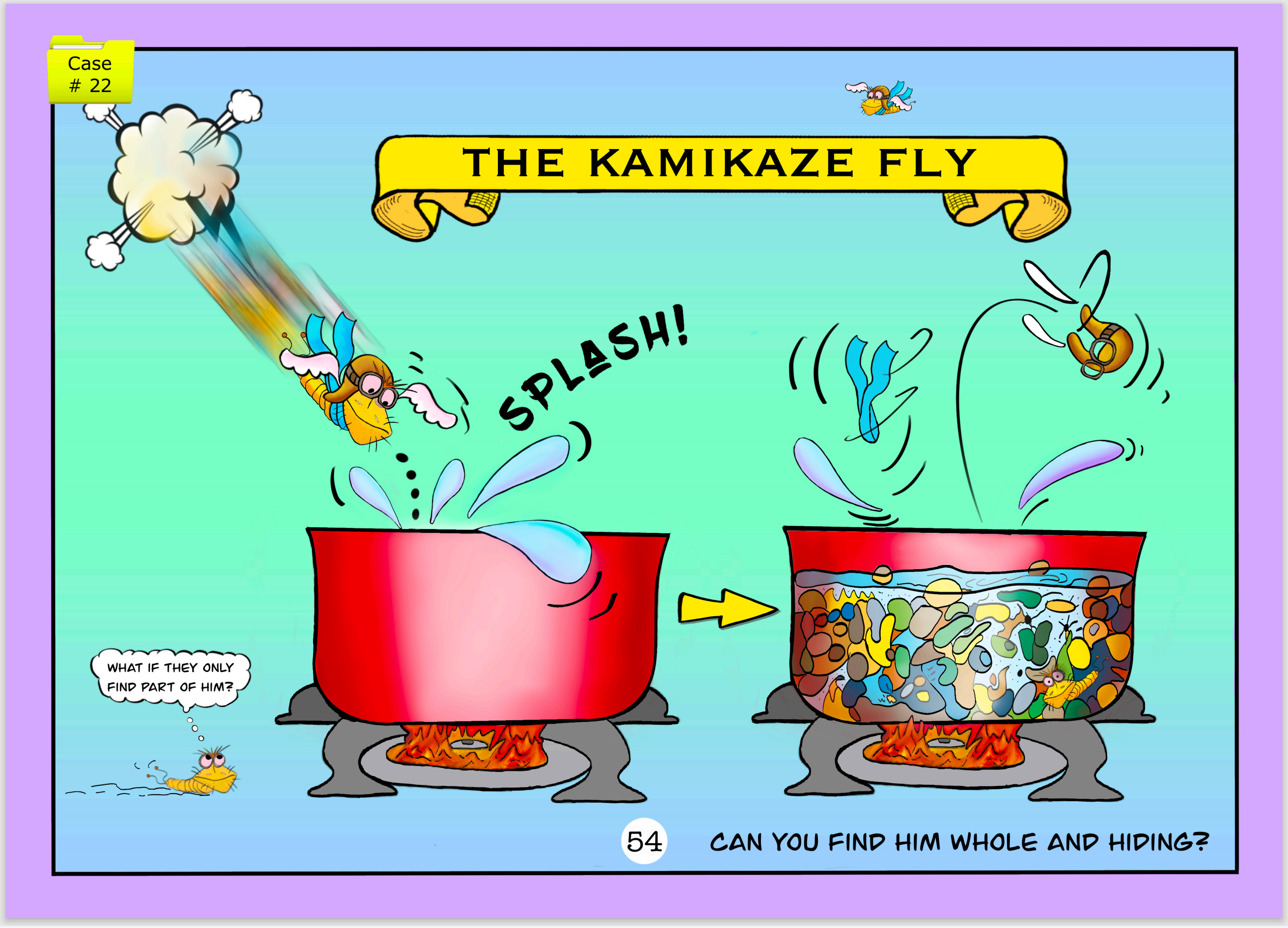In this week’s portion the spies returned with a negative report: “There we saw the Nephilim, the sons of the giant from among the Nephilim, we were like grasshoppers in our eyes, and so we were in their eyes.” (13:33)
“The entire assembly raised up and issued its voice; the people wept that night.” (14:1) At that moment it was decreed that the Bais Hamikdash would be destroyed. It was the night of Tisha B’av. Hakodesh Baruch Hu said, “Since you cried for no reason, I will give you a reason to cry.” At first this punishment seems out of proportion. Why was crying from the report of the spies worse than the sin of chait haagel or complaining about the mann? Why should that day be inscribed for generations as a day of recurring tragedies?
With the help of a moshal we can answer the question. Years ago I went to an aquarium shop. One wall was dedicated to tanks of sharks. Each tank was a different size and held a shark that fit it exactly. “This is amazing,” I exclaimed. “How were you able to find so many different sized sharks?”
The store owner laughed in reply, “All sharks start out the same size. However, they will grow only as big as the aquarium you put them in!”
On their return the spies bought two messages. The first was, “We were like grasshoppers in our eyes.” Here we see how seriously they limited themselves and Hashem’s promise. This was bad enough but not yet deserving of terrible recurring punishment.
It was the second message that sealed judgment against us; “And so we were in their eyes.” The proper response was not to care. After all Hashem did for us, why are we looking for validity from any other source? By measuring ourselves though the eyes of the Naphilim we denied that Hashem is taking care of us. This is kafira (denying Hashem’s existence) and because of this our crying (which expressed our acceptance of the spies’ interpretation) deserved a greater punishment than any other transgression until then.
In most cases we limit ourselves with false beliefs and harmful messages rather than fully relying on our emunah in Hashem to help us succeed. We must learn from the mistake of the spies. How many of us still limit ourselves because an “authority figure” labeled us in some way as below average or a misfit? Or maybe we box ourselves in our own, personal, “small aquarium” because we falsely believe that we are not able to accomplish anything great, contained by invisible walls so we don’t even try? Today, the tikun of the spies is to view ourselves only through the eyes Torah and to rejoice in the life that only the Torah can give. By doing so we release our unlimited potential.
Over the years people have asked me if I would ever draw cartoons depicting some of the cases found in Yora Daya. Well, the answer is yes! I recently published a sefer called The Great Game of Kashrut. Click on the link to find out more: The Great Game of Kashrut

To order a copy of The Great Game of Kashrut follow this link: The Great Game of Kashrut
If you would like to dedicate a Davar Torah in honor of a special occasion or in memory of a beloved family member please contact Yisroel Simon at yisroel@judaism613.com.
Good Shabbos,R’ Channenjudaism613.org